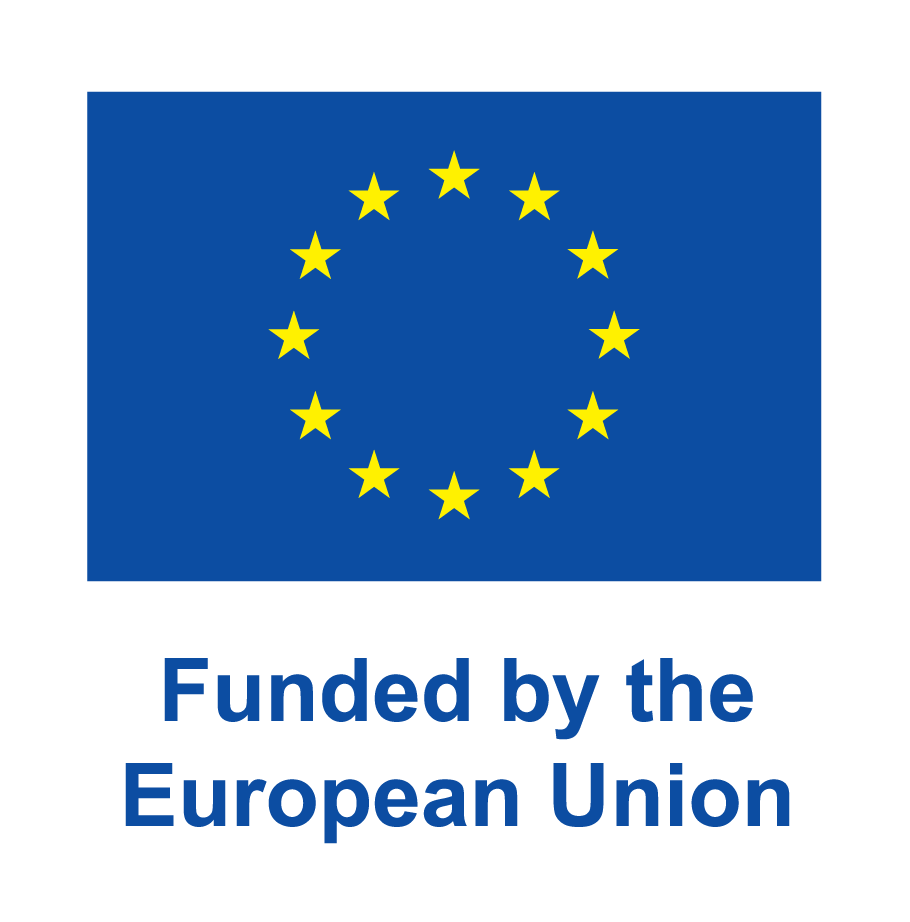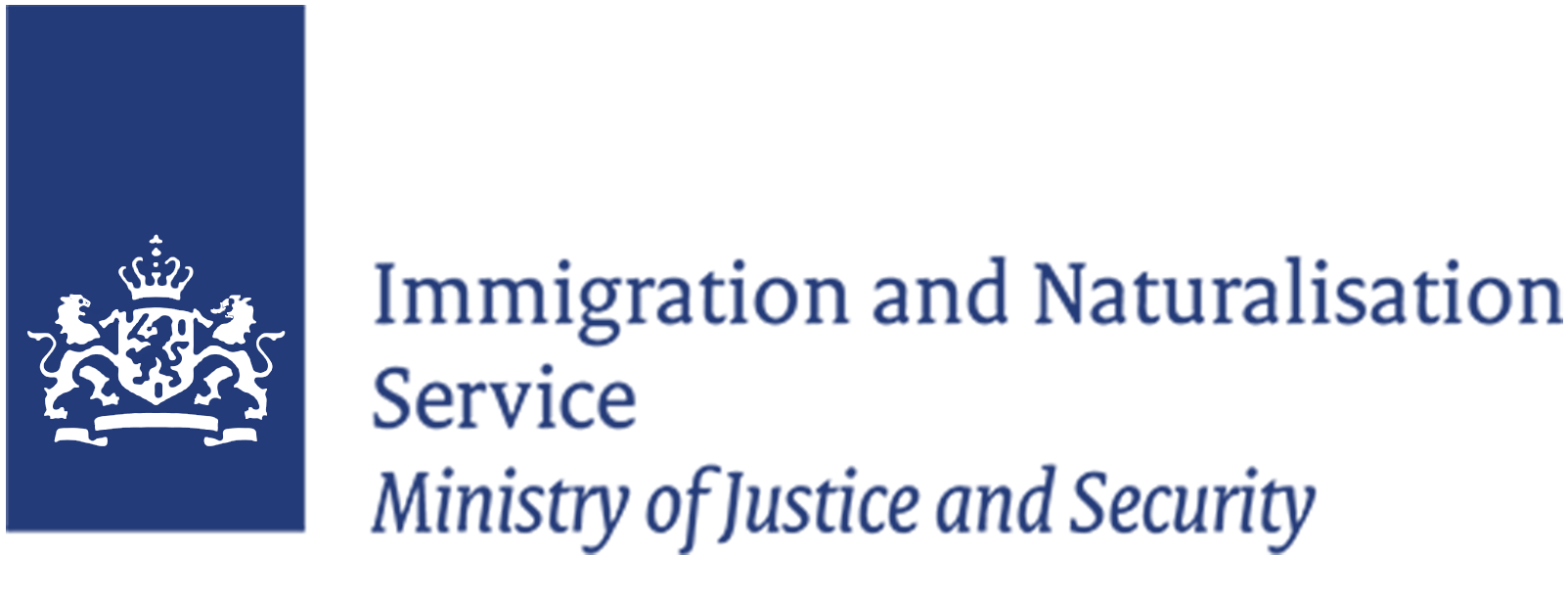The rights and conditions related to unaccompanied minors transitioning into adulthood vary significantly across the EU and Norway. Such rights are not guaranteed by the EU acquis. In some Member States, the moment an unaccompanied minor reaches adulthood marks a cut-off point for the provision of any form of support and services.*
Unaccompanied minors in Europe may lose residence permit when transitioning into adulthood
The number of unaccompanied minors seeking asylum has increased in recent years, from 14,240 in 2019 to 23,420 in 2021. This increase has also been reported in the Netherlands, with 1,046 asylum applications by unaccompanied minors in 2019, to 2,191 in 2021 (source: Asylum trends IND).
Unaccompanied minor’s status linked to minority
In principle, when unaccompanied minors turn 18 years old, they are treated as adults in asylum and migration administrative proceedings. This also means that minors whose status is explicitly linked to the fact that they are a minor may lose any legal grounds to stay in the EU and Norway. In some cases this means that they have to return to their country of origin, yet sometimes there are alternative ways to regularise their situation. Approximately half of the Member States reported that unaccompanied minors in their country could be granted a status specifically linked to their minority (BE, BG, CZ, DE, FI, HR, IT, LT, MT, NL, PL, SE, SK, NO).
The ‘no fault’ permit for unaccompanied minors in the Netherlands is an exception in that it is the only permit that does not automatically end when they turn 18. In ten other Member States (BE, BG, DE, EL, ES, FI, FR, IT, SE, SK) where unaccompanied minors could be granted a status specifically linked to their minority, former unaccompanied minors are given the possibility to legalise their situation in alternative ways when turning 18, for example on humanitarian grounds.
The situation of unaccompanied minors who are still in a status determination procedure, for example asylum applicants or those seeking humanitarian protection, may also change if minority was one of the grounds put forward to qualify for the status. In most countries (AT, BE, CY, CZ, EE, EL, FI, FR, HR, HU, IE, LT, LU, LV, NL, PL, SE, SI, NO) however, the status applied for by unaccompanied minors in the immigration/asylum context is not (strictly) linked to their age, which means that when they reach the age of majority, there are no immediate consequences.
Return
The majority of EU Member States can issue return decisions to unaccompanied minors. Remarkably, in the Netherlands and a number of other Member States (AT, DE, ES, FI, HR, LU, LV, LT, NL, PL, SE; NO), return decisions for unaccompanied minors are also enforced, this is not the case in all countries. Around half of the Member States do not enforce the return decisions until the unaccompanied minor reaches adulthood.
In order to prove that return is in the best interest of the child, it is necessary to verify and prove that conditions at the place of return are adequate in terms of reception and care. This is often difficult. In the Netherlands, since 2021 the obligation to return for unaccompanied minors will be suspended until it has been examined whether they are provided with adequate reception and care in their country of origin. Before 2021, this examination took place after a return decision was issued.
Support and services for unaccompanied minors transitioning into adulthood
On a national level, Member States have adopted different approaches to the provision of support and services to unaccompanied minors who turn 18. The provision of such support and services differs significantly between Member States. Most Member States, including the Netherlands, offer a period of transition during which services and measures are either phased out, or specific forms of support are partially continued throughout adulthood.
Support in the transition into adulthood
- The majority of EU Member States do not have a specific strategy in place to support the transition of unaccompanied minors to adulthood, but more than half offer some type of aftercare once they have turned 18. In the Netherlands, the strategy for supporting the transition to adulthood depends on the place of reception/care and the legal status of unaccompanied minors.
- Some EU Member States and Norway reported a general lack of political attention and financial resources to the issue of transition to adulthood, including a lack of specialised forms of assistance and services for (former) unaccompanied minors
Age limit and continued support and services
The age limit for aftercare services and support to unaccompanied minors who have transitioned into adulthood differs between Member States. In most Member States the age limit ranges between 19 and 30 years old. Unaccompanied minors with a residence permit may continue to benefit from support and services until then, including access to independent housing and educational or financial assistance.
In the Netherlands, since 2022, prolonged reception in facilities and support for unaccompanied minors with an asylum status who reach legal adulthood is possible in exceptional cases for as long as it is needed, up until the age of 21. In 2022-2023, the Netherlands will further develop structural policy to provide prolonged shelter and guidance.
Challenges and good practices
EU Member States and Norway (BE, BG, CZ, DE, EL, ES, FI, FR, HR, HU, IE, IT, LT, LU, LV, MT, NL, SE, SK, NO) have experienced challenges in supporting the transition of unaccompanied minors to adulthood, identifying in particular the need to improve support to obtain access to accommodation for those turning 18 years old, as well to increase the overall the level of services and support available.
The Netherlands reports that the time for unaccompanied minors to prepare for independence is often too short. Furthermore, municipalities often experience a lack of funding and housing for unaccompanied minors with a residence permit who reach the age of majority. The upcoming policy changes are expected to address these issues.
Good practices developed by national authorities to ease the transition into adulthood include:
- the continued reception until the age of 21 of young adults in some municipalities of the Netherlands, which may in the future be rolled out at national level;
- the pre-examination of their right to stay in France before they turn 18 years old, to better plan any future support needs.
EU Member States also highlighted, among other things, the role of social workers and other specialised professionals until the former unaccompanied minor is self-sufficient; and the importance of mentorship, language training and employment support, to prepare former unaccompanied minors for and support them in the transition to adulthood.
*AT, BE (only for unaccompanied minors in a status determination procedure or those who have received a negative decision on their application), BG, ES (they will have access to the social services as any other foreigner in a regular situation, such as the minimum living income), FI, HR (special guardians appointed to unaccompanied minors do not represent the unaccompanied minors when they reach the age of majority), LT, LU (in practice, specific support and services provided by the National Children’s Authority (ONE) and others are continued, please see section 8.3), MT, NL, PL, SE, SI, NO.
EMN Publication
- Read the Inform and the research design: Study: ´Transition of unaccompanied minors to adulthood´


